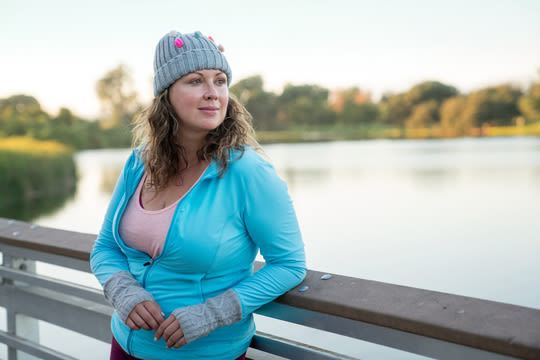Controlling Substance Abuse During the COVID-19 Pandemic

Image: Courtesy Kaiser Permanente
Living through a global pandemic presents many challenges most of us have never faced. It’s natural to feel stressed and uncertain. The emotional strain caused by restrictions on social contact can be especially difficult if someone is isolated or feels pressure to provide for themselves, their family, and other loved ones during these extraordinary times.
At the same time, social media is full of messages, memes, and jokes about using alcohol and other substances as accepted and expected coping mechanisms. For people in recovery or those who live with addiction, stressful times like these can lead to relapse or increases in substance use and misuse.
“Addiction thrives in isolation and dies in community—but this is a conundrum during the pandemic, because every day we’re being reminded to keep our distance and stop connecting in our usual ways,” says Brad Anderson, MD, chief of addiction medicine for Kaiser Permanente Northwest in Portland, Oregon.

Image: Courtesy Kaiser Permanente
Dr. Anderson also notes that sales of alcoholic beverages in the United States have increased 55 percent compared with this time last year. And in the Northwest, there has been an increase in younger patients requiring detox for alcohol.
“Addiction is a daily disease,” he says, “but many of the everyday interactions that people rely on when they’re struggling with substance use disorders have either fallen away or become much more challenging to navigate.”
Dr. Anderson shares these tips for helping manage addiction during the COVID-19 pandemic:
Find Ways to Stay Connected
Avoiding isolation is the best coping mechanism. If you are struggling, make a phone or video appointment to talk with your sponsor, counselor, or therapist; reach out to family and friends for support and connection; or find virtual group meetings to attend.
Keep Up with Your Routines
Don’t give up because things don’t feel familiar. Follow the same routines that were helpful to you before COVID-19, or find replacements for activities that aren’t possible right now. Develop a consistent schedule you can follow every day. Find time to take a walk, do an at-home workout, cook your meals, or pursue a hobby that keeps you happy and engaged.

Image: Courtesy Kaiser Permanente
Ask for Help
If you notice that boredom or stress is leading to more thoughts about or cravings for alcohol or drugs, tell someone you trust or reach out to your addiction treatment provider. Don’t let shame, guilt, or anger hold you back. Addiction is a disease, and recovery is a process. People will be there to help if you ask for it.
Don’t Give Up
It’s important to understand that everyone is dealing with the stress and anxiety of the current situation. Find the things that work for you in this new reality, and if things aren’t working, don’t wait until the situation feels overwhelming. You don’t need to collapse and relapse. Treatment is effective.
For more information on Kaiser Permanente Northwest’s addiction medicine program, visit kp.org/addiction/nw.




